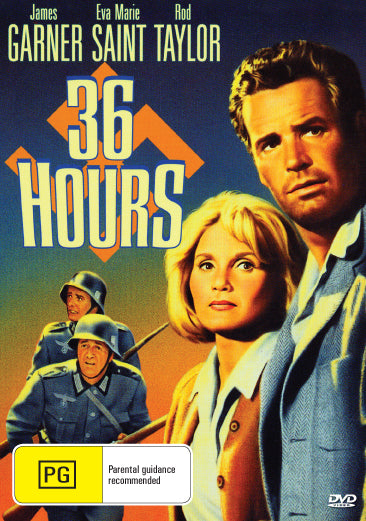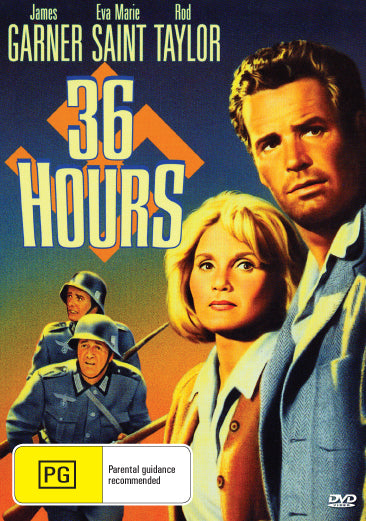Lovng the Boney episodes but the quality is not great. The picture is very blurry. Very pleased to be able to see the shows from the 1970s
Classic and 1 of the best movies of Liz Taylor
Great film but a copy, not an original dvd, so lacks complete clarity of picture and sound. I saw it on tv recently which was clearer.
I am however happy to get this for my collection as completes the trilogy, as the middle film.
Great DVD, really good quality recording and exactly how I remembered the story.
Terrific quality!! So glad I found this site which includes movies I never thought I’d see again.
Great site for that rare movie you can’t find or is ridiculously expensive. Download is in mp4, no gimmicks, picture quality good with VLC media player, and customer service is helpful.
Great movies. Though one of them doesn't play which I'm waiting to here back about. Otherwise it would have been 5 stars.
Downloaded perfectly. Very happy. Would purchase again from this company. Thank you.
A great sentimentalized biography about the man who brought the magical land of OZ to life!! Great casting as well. It was OZ-Tastic & I Loved it
arrived in good condition. fast delivery. as ordered. happy with purchase
Just watched this dvd which we enjoyed. Good quality dvd.
I received this DVD with no sound. I contacted Rare and Collectibles about this issue. I sent and resent an email numerous times and I have been totally ignored. I do not recommend this company. Rating is very poor!
I found the DVD in perfect condition
This is a very good copy of the original version of The Day The Earth Stood Still which was well ahead of its time. The message is even more valid today than then. I urge everyone to watch this movie and hopefully it will change the world.
Everything was great with purchasing & receiving dvd thank you
The DVD was in perfect condition. I was very happy with my purchase and found it playedvery well
Online delivery was excellent, however the movie quality was very low,360p or less.
Great DVD as expected !
Ich bin sehr froh, diesen Filmgefunden zu haben.In Deutschland bekam ich ihn nirgendwo.
Dvd is in excellent condition unfortunately I only received one and I paid for 2 . The package said 2 but only one DVD was included










